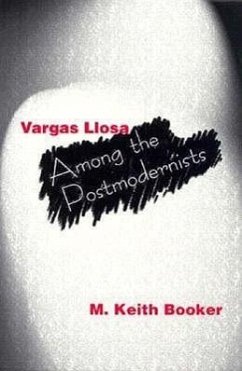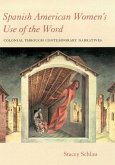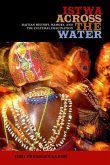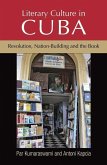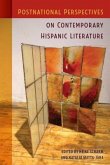Mario Vargas Llosa is one of the world's most respected and widely read living writers. His work is marked by technical sophistication and by its alliance with a variety of trends in modern culture. To date little criticism of his work has made use of the important developments in literary theory in the past two decades. This book does so, analyzing Vargas Llosa's place in modern and postmodern criticism. Keith Booker begins with an analysis of The Green House within the context of modernism, using this early work to develop several hypotheses concerning the differences between modernism and postmodernism in literature. He tests these hypotheses in the remainder of the book through detailed readings of Vargas Llosa's later novels (from Captain Pantoja and the Special Service onward) and within the context of theoretical discussions of postmodernism by such critics as Fredric Jameson, Terry Eagleton, Linda Hutcheon, and Andreas Huyssen. Booker's specific readings of Vargas Llosa's work are also informed by the insights of a number of critics, including Mikhail Bakhtin, Michel Foucault, and Theodor Adorno. The readings focus on the formal characteristics of Vargas Llosa's writing and on the intense political engagement - characterized in later works by skepticism toward the claims of various political programs - that marks his career. As a result, this study yields insights into both the aesthetics and the politics of postmodernism, and it should be useful to those interested in Latin American literature and in the social and cultural landscapes of Vargas Llosa's works. The book ends with a lucid description of published theories of modernism and postmodernism.
Hinweis: Dieser Artikel kann nur an eine deutsche Lieferadresse ausgeliefert werden.
Hinweis: Dieser Artikel kann nur an eine deutsche Lieferadresse ausgeliefert werden.

